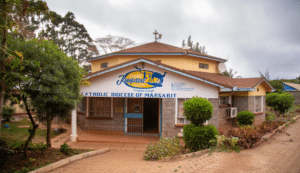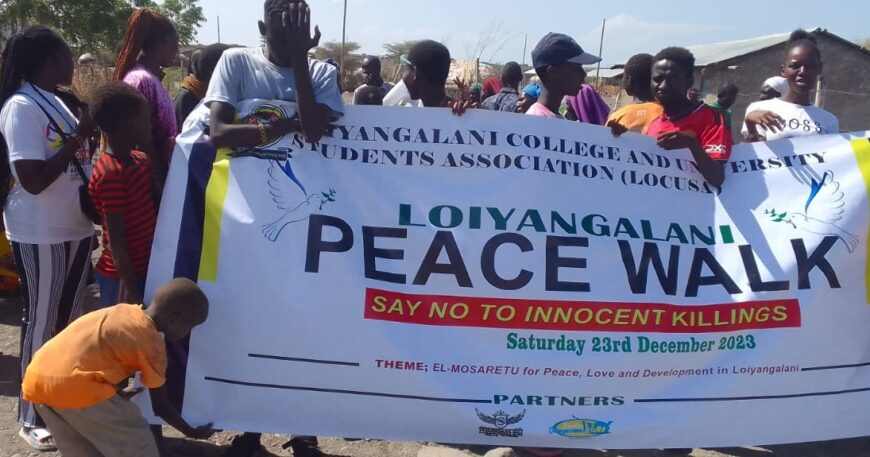In the ever-evolving media and community engagement landscape, it’s pivotal to spotlight initiatives that carve paths toward meaningful change. In 2022, the Kenya Community Media Network collaborated with the Refugee Consortium of Kenya in an impactful three-day training program aimed at equipping journalists with the skills required for sensitive and insightful reporting on refugees and Internally Displaced Persons (IDPs).
However, a subsequent survey uncovered a gap: limited comprehensive coverage of IDPs and refugees across community radio stations. Challenges like inadequate skills, managerial support, and limited resources hindered the production of well-researched stories.
In 2023, KCOMNET supported the intensive training of twenty-five community radio journalists, fostering their abilities in investigative and solution-focused. This initiative sought to empower journalists to amplify the voices of underrepresented populations — IDPs and refugees. The objective extended beyond honing reporting skills to fostering their role as watchdogs, shedding light on public interest matters, human rights violations, governmental accountability, and societal attitude
The community journalists dedicated themselves to uncovering the challenges of urban refugees from Nairobi, Mombasa, Nakuru, Marsabit, Wajir, and Nakuru. They also highlighted the struggles of refugees residing in the Kakuma and Kolobeyei camps, along with shedding light on the plight of internally displaced persons (IDPs) in Mukuru, Kayole, Kawangare, and Ngong. In addition to these, they conducted detailed analyses of the Refugees Act 2021, exploring its impact and implications. They are those who also ventured into other critical areas, investigating corruption cases, and loopholes within the resettlement process, and dispelling misconceptions surrounding refugees, IDPs, and their interactions with host communities. Other coverages exposed the distressing reality of police harassment experienced by refugees and IDPs, among other pertinent stories.
 One impactful narrative emerged from Denson Machuki from Jangwani Radio, Marsabit, who revealed the distressing reality of the trafficking of refugees including children from Ethiopia into Kenya via the porous Moyale border. Machuki’s investigative piece triggered a swift response. The government-initiated measures to control movements along the Moyale border, transforming once-unmonitored routes into established, regulated passages. Governmental actions were complemented by commendable efforts from NGOs, raising awareness and advocating for child protection across borders. Moreover, local child protection authorities intensified efforts, aiming to close loopholes and seeking to prosecute offenders.
One impactful narrative emerged from Denson Machuki from Jangwani Radio, Marsabit, who revealed the distressing reality of the trafficking of refugees including children from Ethiopia into Kenya via the porous Moyale border. Machuki’s investigative piece triggered a swift response. The government-initiated measures to control movements along the Moyale border, transforming once-unmonitored routes into established, regulated passages. Governmental actions were complemented by commendable efforts from NGOs, raising awareness and advocating for child protection across borders. Moreover, local child protection authorities intensified efforts, aiming to close loopholes and seeking to prosecute offenders.
Bernard Maluki from Koch FM, Nairobi, also benefited from the training. His story shed light on the plight of refugees hiding in crowded houses in the Kiamaiko area in Nairobi. Most of them were living in deplorable conditions. The stories prompted intervention from local authorities and other stakeholders who supported documenting the refugees.
They also received support for radio programs from organisations like Hias Kenya and the Urban Women Refugees to initiate community dialogues, showcase challenges faced by refugees and asylum seekers, and connect them with organisations offering services like mental health, medical, and financial support.



